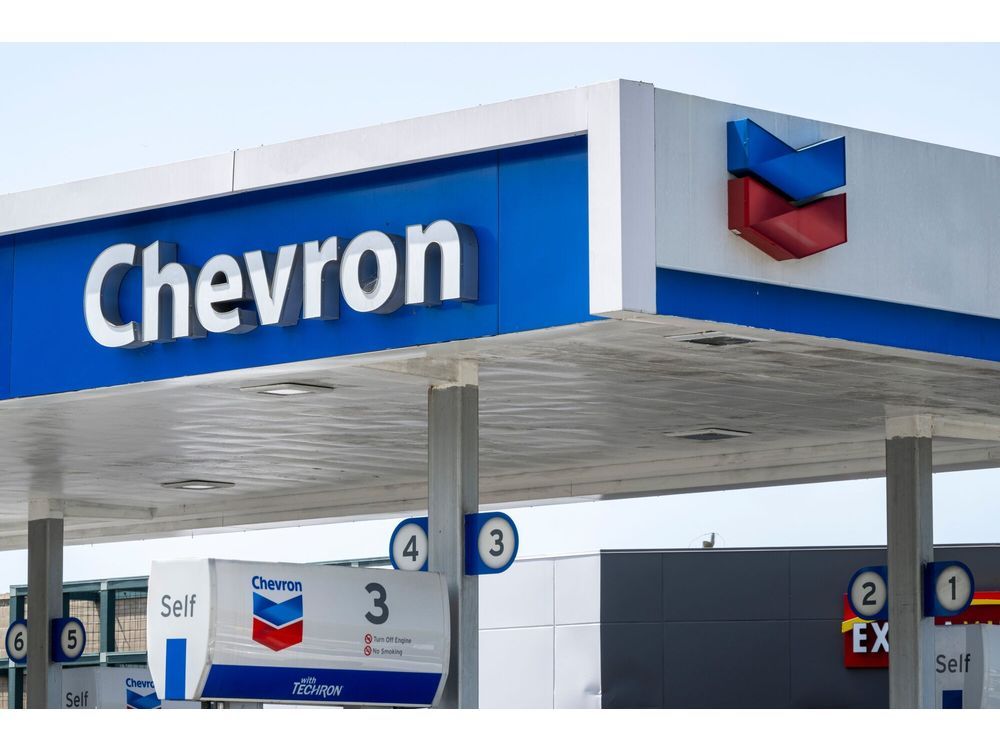In a landmark decision reshaping the oil industry, Chevron has successfully completed its $55 billion acquisition of Hess, clinching a vital foothold in one of the most significant oil discoveries of the past
Did You Know
Your taste buds have a lifespan of about 10 to 14 days, after which they are replaced.
?
AD
decade. The acquisition, which includes access to valuable oil assets in Guyana, comes on the heels of an intense legal battle with Exxon Mobil. This rival company sought to contest Chevron's claims to the resources, prompting a high-stakes arbitration process that ultimately favored Chevron’s ambitions and secured its market position in a fiercely competitive landscape.
The arbitration panel's ruling not only dismissed Exxon's claims but also expedited Chevron’s acquisition process, allowing it to move forward unimpeded. This victory highlights the shifting dynamics in the oil sector, where large-scale mergers and acquisitions are increasingly commonplace as companies strive to control dwindling oil resources. As the global energy landscape transforms, the competition between industry giants intensifies, underscoring the significant strategic importance of such acquisitions in today’s market.
Furthermore, the acquisition has implications that extend beyond corporate boardrooms; it reflects the regulatory complexities that accompany major oil deals. The U.S. Federal Trade Commission's involvement in reviewing proposed mergers underscores the intricate relationship between industry competition and government oversight. As Chevron solidifies its position following this high-profile deal, the reverberations will likely influence future mergers and acquisitions, setting a new standard for corporate maneuvers in an evolving energy sector.
Q&A (Auto-generated by AI)
What are the implications of asset competition?
The competition for prime oil assets, exemplified by the Exxon-Chevron clash, indicates a tightening market where major players vie for limited resources. This can lead to increased prices for oil and gas, as companies are willing to pay a premium for valuable assets. Additionally, such competition may drive innovation in extraction technologies and strategies. The struggle for dominance can also lead to greater regulatory scrutiny and potential antitrust actions, influencing how mergers and acquisitions are approached in the industry.
How did the arbitration process work in this case?
In the Exxon-Chevron dispute, arbitration served as a legal mechanism to resolve claims over contested assets in Guyana. An arbitration panel evaluated the arguments from both companies, focusing on the legality of Exxon's claims against Chevron's acquisition of Hess. The panel ultimately dismissed Exxon's claims, allowing Chevron to proceed with the $53 billion acquisition. This process is often favored in corporate disputes for its speed and confidentiality compared to traditional court proceedings.
What led to the Exxon-Chevron rivalry?
The rivalry between Exxon and Chevron has been fueled by competitive pressures in the oil and gas industry, particularly as global oil reserves become scarcer. Both companies are striving for market share and access to lucrative oilfields, such as the significant discoveries in Guyana. Historical tensions over market dominance and differing corporate strategies have further intensified this rivalry, making each acquisition and legal challenge a pivotal moment in their ongoing competition.
What is the significance of the Guyana oilfield?
The Guyana oilfield is significant due to its vast reserves and potential for substantial oil production, which could transform the country's economy and the global energy landscape. Recent discoveries have positioned Guyana as a new oil powerhouse, attracting major investments from companies like Exxon and Chevron. The competition for access to this resource underscores the strategic importance of Guyana in the context of global energy supply and the race for new oil assets.
How do FTC regulations affect mergers in oil?
FTC regulations play a critical role in overseeing mergers and acquisitions in the oil sector to prevent monopolistic practices and ensure fair competition. In this case, the FTC reopened consent orders related to Exxon and Chevron's proposed acquisitions, reflecting a careful examination of potential impacts on market dynamics. Regulatory scrutiny can lead to conditions being imposed on mergers, such as divestitures, to maintain competitive markets and protect consumer interests.

















